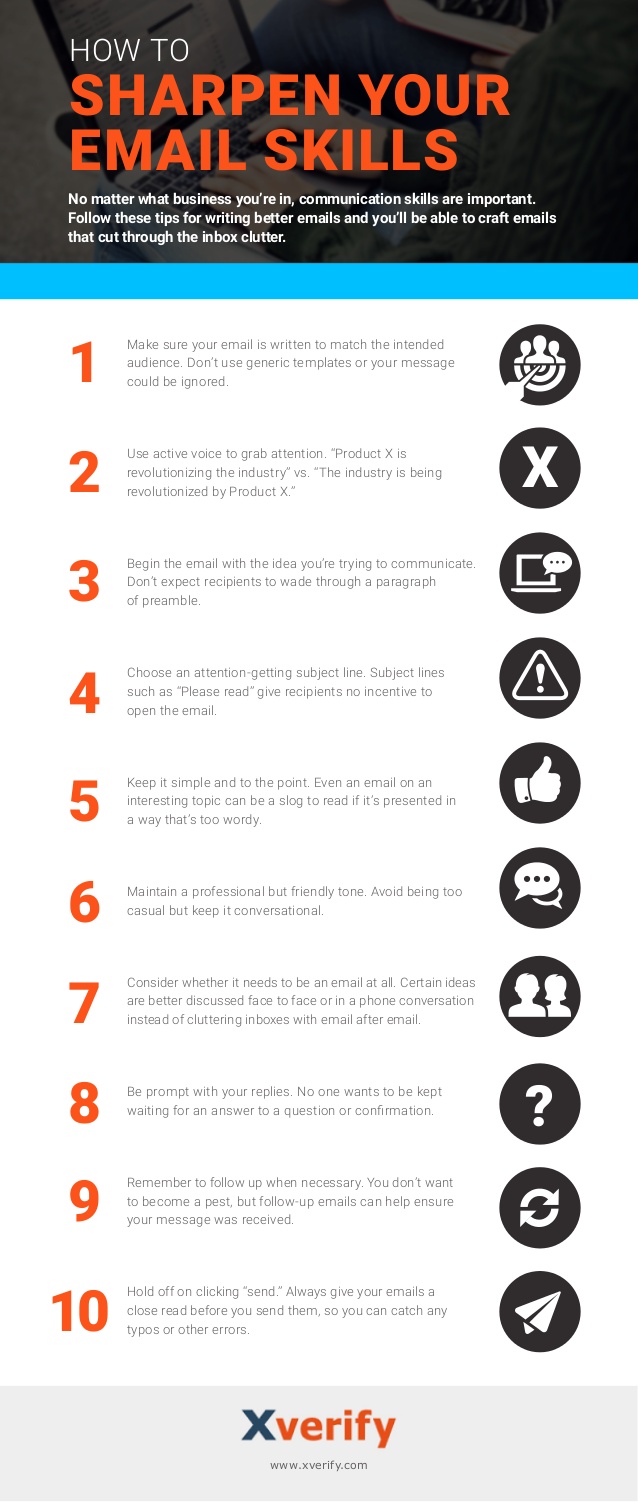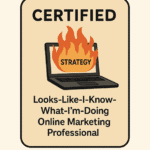Table of Contents
Today’s guest post is by Alyssa West, on the topic of improving your email skills.
Gone are the days when a business man called in his secretary to take dictation of a letter which was then typed up and posted by snail mail.
For several years now, it has been common practice to receive emails directly from the correspondent, without an intervening secretary to correct (or introduce!) mistakes.
While this could be bad news for secretaries, I hope it has freed their time for more interesting tasks in more fulfilling careers.
As an amusing aside, I recently needed to engage a solicitor and was completely frustrated to find that, while I emailed my questions to him, his replies came to me from his secretary, having obviously been dictated to her, even if they were simple two or three line answers! It wasn’t amusing at the time. I found the delays in receiving replies to even the simplest of questions completely infuriating.
Hopefully my solicitor is the exception rather than the rule, because emailing can be such a fast and efficient way of communication. However, as with any business skill, it’s important to sharpen up your email skills.
Here are some tips on improving email skills.
About The Author
Alyssa’s passion for learning about people led her to a career in marketing and social media, with an emphasis on content creation. She currently works for VCN Media where she focuses on their email verification software, XVerify.
Connect with Alyssa on LinkedIn.
Those interested in improving their business communication need to take a close look at how they are crafting an email. Many people think that because email is a fast and easy way to communicate with others, they don’t have to put much time and effort into what they write.
However, this is not the case. Time is precious for everyone in the business world. Unless an email is deemed worth someone’s time, there’s a good chance it will never make its intended impact.
How To Sharpen Your Email Skills
Strong email skills begin with determining whether an email needs to be sent at all.
Even though it might be more convenient for the sender to ask a question over email, sometimes a face-to-face conversation is more appropriate…… IF a conversation is likely to ensue. Bombarding busy people with emailed questions that could have just as easily been discussed in person is a surefire way to frustrate them.
However, if the conversation is about something where the conclusions and answers are important, such as in a business context, I recommend following up with an emailed summary, so that both (or all) parties can check they are in agreement.
When Email Is Better Than Conversation
- With the possibilities of misunderstanding complex issues, email may be better than conversation, because at the end of the to-and-fro, you will have a detailed record should you need to go back over something.
- Personally I prefer email because I find written communication an easier way to get things straight in my own mind.
- Email is less disturbing of others’ routines. If someone is busy working on a complex task, they probably don’t want to be disturbed. Emails can be attended to at your own convenience.
- Email is also useful for communication when the recipient works in different time zones (or even just different shifts).
Writing Better Emails
If email is the most appropriate platform for your message, be sure to keep the message succinct and satisfying.
- Put the most important idea upfront, and avoid surrounding it with lots of unnecessary words.
- Keep the idea simple, and make sure the email has a catchy subject line that will stand out among all the others your recipient will see.
- No matter who your intended recipient is, make sure your business emails maintain a professional but friendly tone.
- Treating emails like text messages (for instance “c u soon”) means you might not be taken seriously, but too much formality could cause the recipient to tune out what you’re saying.
- Above all, take the time to review what you’ve written carefully to screen out any typos, factual mistakes or anything else that could reflect poorly on you.
Thanks to Alyssa for those helpful tips on improving email skills.
Do You Have Tips On Improving Email Skills?
Are you someone who prefers conversations to emails, or the other way round.
Have you any stories where mis-understood conversations have caused problems?
Please feel free to share your own experiences and thoughts in the comments below.













